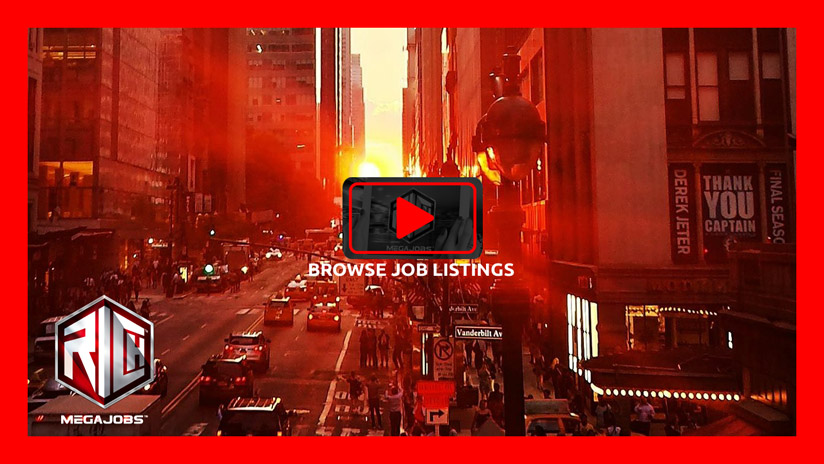In this episode Bryan White from DropBar Talent provides a recruiter’s perspective on the importance of training and certification in the climate and greenjobs space
————————————-
IIf you want more support or have additional questions about how to land your dream job in the impact sector or make the transition into a climate career, sustainability role or greenjob,, click through the links below to get in touch
Bryan White: Drop Bar Talent
https://www.linkedin.com/in/bryanwhite/
https://dropbartalent.com/
Andy Nelson: The Positive Career Coach
https://www.thepositivecareercoach.com/
https://www.linkedin.com/in/andynelsonprofile/
————————————-
#ClimateCareer #SustainabilityJobs #GreenJobs
#CareerChange #CareerCoach
#ThePositiveCareerCoach
Is Training and Certification the Key to Your Climate Career Shift?
In this clip, Bryan White discusses the role of training and certification in a climate career transition, offering practical advice for job seekers:
Training is Valuable, But Not Essential – Programs like Climatebase and Terra.do can provide broad exposure to the climate sector and help you build a network. However, these programs aren’t always a necessary first step. The value lies more in the connections you make and the sector knowledge you gain, rather than being a prerequisite for landing a job.
Different from Traditional Certifications – Unlike typical job certifications such as project management or coding, climate-related training programs are more about gaining a general understanding of the sector. They can help you narrow your focus within areas like clean concrete or regenerative agriculture, but they don’t guarantee a job in the way some traditional qualifications might.
Community Building is Key – The true value of these programs often lies in the community they help you build. Being part of a climate-focused network can lead to new job opportunities, useful insights, and industry connections that can support your job search over time. Establishing these relationships is crucial for discovering roles and getting deeper into the climate sector.
Training Should Align with Your Goals – The decision to invest in training should be driven by your specific goals and what you aim to achieve. It’s important to identify how a program aligns with your career objectives before committing.
Avoid Rushing into Training – Andy Nelson adds that many people rush into training out of insecurity or panic when transitioning careers. He suggests waiting until you have a clearer focus before committing to any specific training, especially those that are more specialised in areas like low-carbon concrete or regenerative agriculture.
Overall, training can be helpful for career changers, but it shouldn’t be viewed as a mandatory first step. Instead, focus on how it can fit into your broader goals and career trajectory, with an emphasis on building valuable relationships in the climate community.



